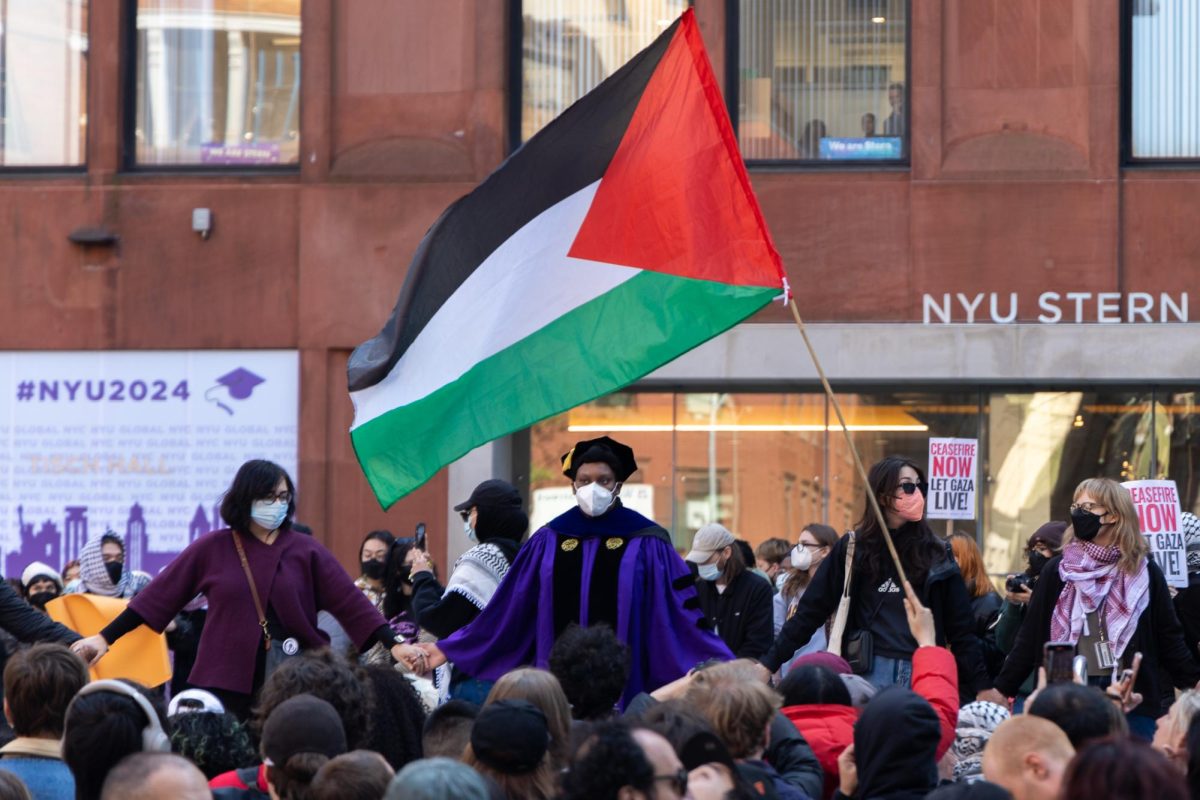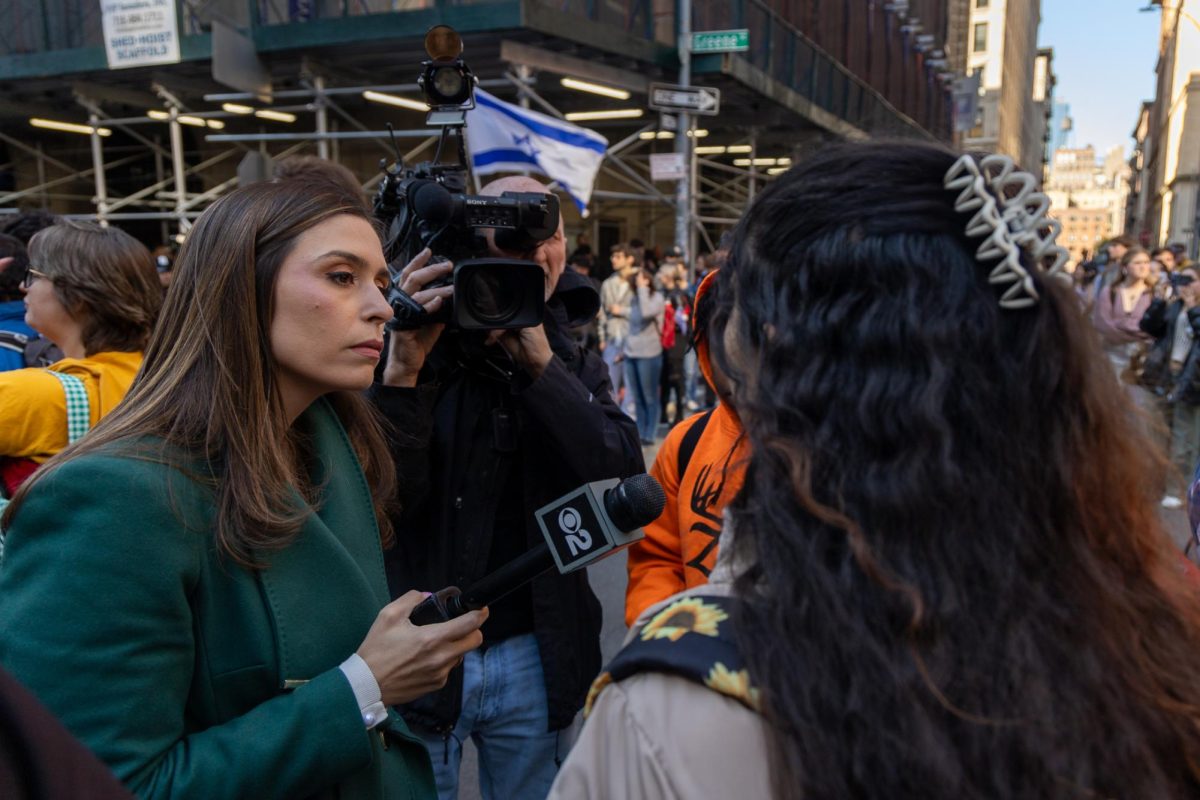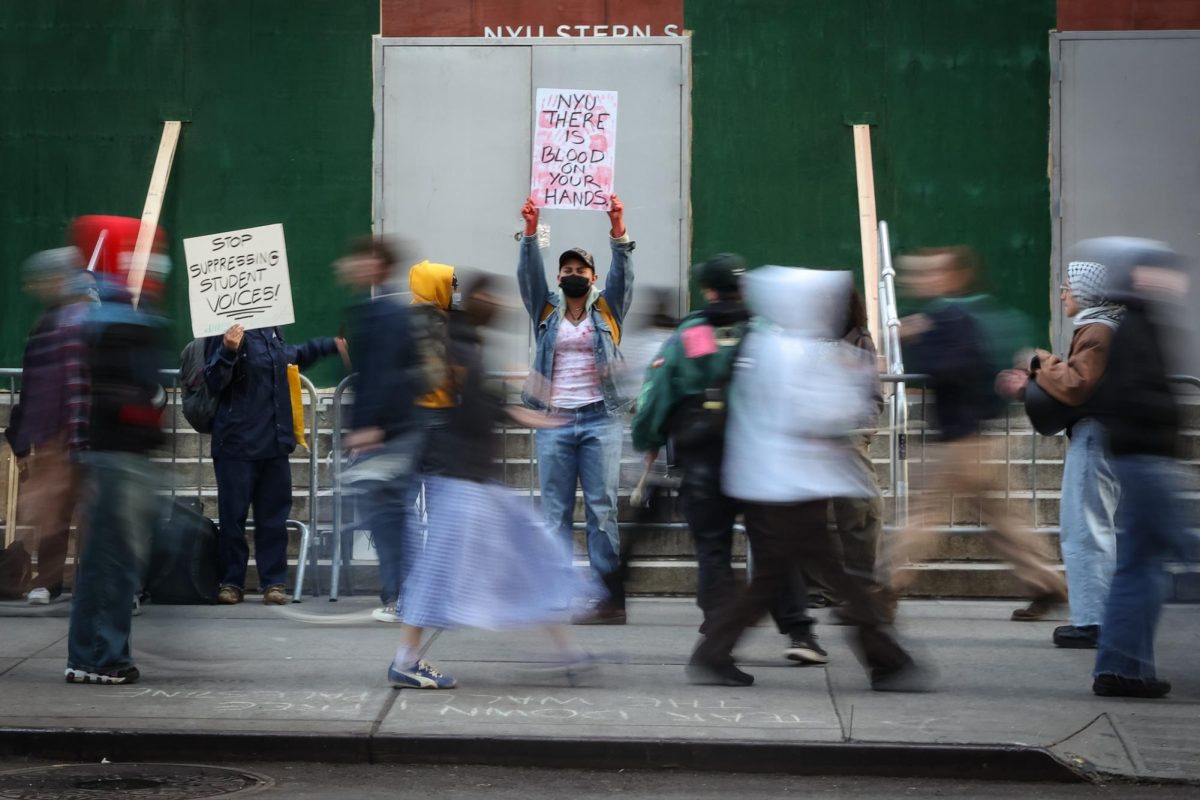On Sunday, President Hugo Chávez of Venezuela won another six-year term, which if he completes it will have meant a tenure of 20 years in power. This election unequivocally signaled that Chávez retains the support of the people, which means that the United States should change its opinion of Venezuela.
Hugo Chávez must be regarded as the legitimate ruler of Venezuela. Anti-Chávez pundits have tried to spin his victory as a defeat by saying nearly half of the people voted against him. They also described how the opposition has gained millions of votes while Chávez has merely gained a few hundred thousand. In spreading these accusations, they are trying to undermine the legitimacy of his presidency. They disregard the fact that his victories in 1998, 2000, 2004 and 2006 were all free and fair elections, and this election is no different. Chávez’s resounding 55 percent of the vote proves the majority of Venezuelan people still support Chávez. In comparison, in the last U.S. election President Barack Obama received only 52 percent of the vote. Hence, to deride the legitimacy of Venezuela’s president based on the size of his majority would be to deride the legitimacy of America’s president.
Venezuela must be regarded as a democratic nation. Comparing Venezuelan democracy with that of many First World nations is unfair. Rather, it should be compared with those of other developing countries. U.S.-based organization Freedom House cites Venezuela as a democratic nation in its Democracy Index, and its rank is comparable with those of its Latin American neighbors. Critics of Chávez accuse him of having an advantage over his opponent. But many of his gains are simply because he is the incumbent. They accuse him of unfair media advantage, but the fact is the vast majority of Venezuela’s media are privately owned, and the corporations strongly favor the opposition. Chávez has also been accused of voter intimidation, but the election turnout of more than 80 percent proves the people have not been deterred from voting.
The United States must change its opinion of Venezuela. It is undeniable that Chávez is the legitimate president of Venezuela, and he presides over a democratic nation in which the will of the people is represented. This is not to say Venezuela is a model of Jeffersonian Democracy; Chávez supports an increasingly strict domestic policy and an increasingly aggressive foreign policy. But the U.S. response should be a pragmatic approach. The United States should not regard Venezuela as a pariah state to be isolated but rather as a legitimate nation to be dealt with proactively.
A version of this article appeared in the Tuesday, Oct. 10 print edition. Yifang Zhao is a contributing columnist. Email him at [email protected].











































































































































